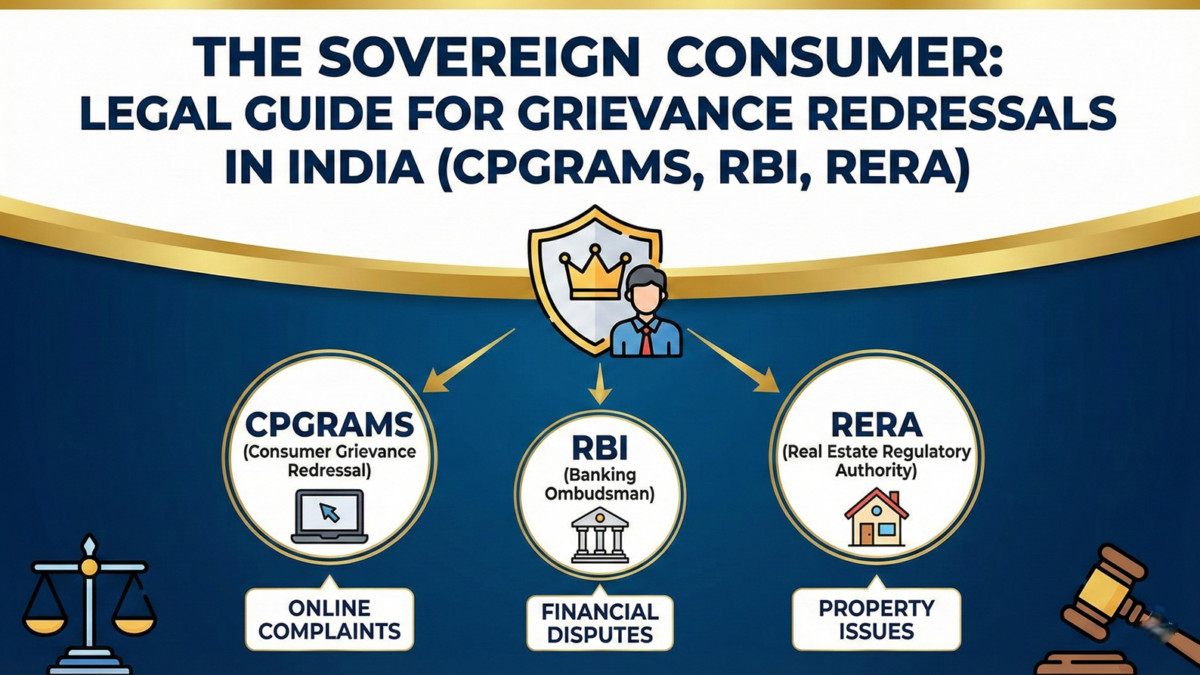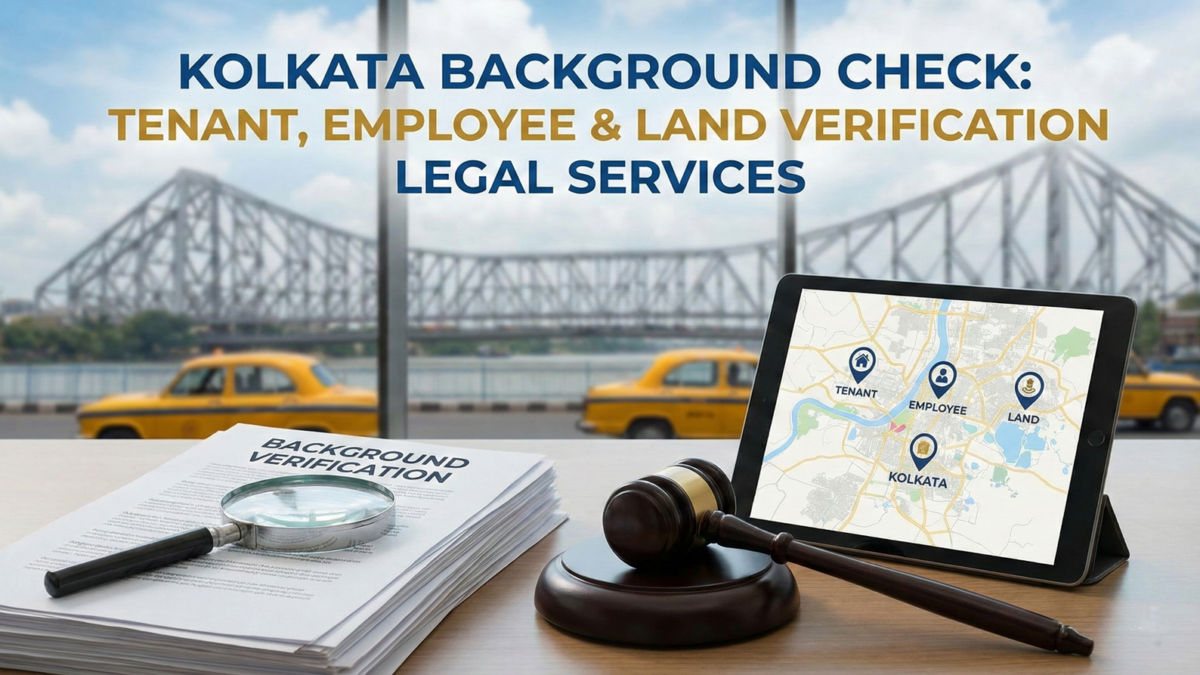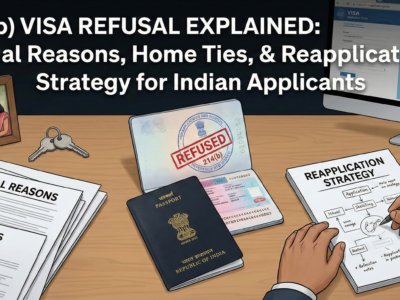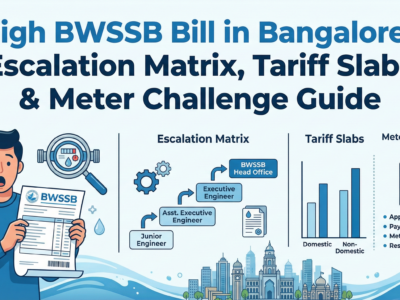
Introduction:
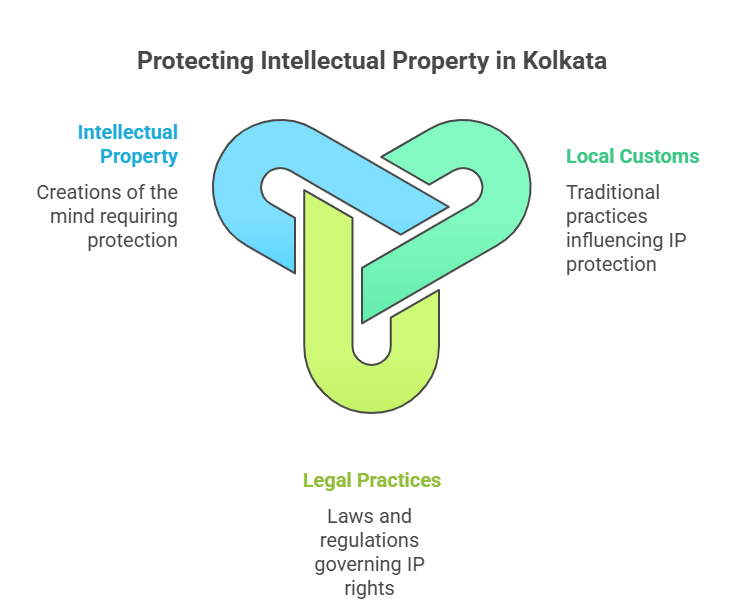
- The intersection of local customs and legal practices plays a crucial role in safeguarding intellectual property in Kolkata.
- Intellectual property (IP) refers to creations of the mind, such as inventions, literary and artistic works, designs, symbols, names, and images.
- This article delves into the significance of understanding both local customs and legal frameworks for protecting intellectual property in Kolkata.
Local Customs and Business Culture:
- Kolkata, with its rich cultural heritage, has distinct local customs that influence business interactions.
- Building relationships and understanding local customs is essential for successful intellectual property protection.
- Establishing trust and goodwill through cultural awareness can positively impact IP-related negotiations and collaborations.
Intellectual Property Types:
- Intellectual property includes copyrights, trademarks, patents, and trade secrets.
- Copyrights protect original works of authorship, trademarks safeguard brand identities, patents cover inventions, and trade secrets shield confidential business information.
- Each type of intellectual property requires different legal mechanisms for protection.
Trademark Registration:
- Registering trademarks is essential for protecting brand identities in Kolkata.
- The Trademarks Act, 1999, governs trademark registration in India.
- Conduct thorough trademark searches to ensure the proposed mark is unique and not already registered.
Copyright Protection:
- Copyright protection applies to literary, artistic, and musical works.
- Registering copyrights provides stronger legal footing in case of infringement.
- The Copyright Act, 1957, governs copyright protection in India.
Patent Protection:
- Patents protect inventions and innovative processes.
- The Patents Act, 1970, regulates patent protection in India.
- Seek legal advice to determine patent eligibility and navigate the complex application process.
Trade Secret Safeguards:
- Protecting trade secrets involves maintaining confidentiality.
- Implement internal policies and agreements to safeguard proprietary information.
- Legal remedies are available in case of trade secret theft or unauthorized disclosure.
Understanding the Legal Landscape:
- Familiarize yourself with India’s legal framework for intellectual property.
- Engage legal professionals specializing in intellectual property laws to ensure compliance.
- Stay updated on changes in IP laws to adapt strategies accordingly.
Intellectual Property Offices:
- The Controller General of Patents, Designs & Trade Marks oversees intellectual property offices in India.
- The Kolkata Patent Office handles patent-related matters, while the Trade Marks Registry manages trademarks.
- Familiarize yourself with these offices for IP registration and dispute resolution.
Cultural Sensitivity in IP Protection:
- Cultural sensitivity is paramount when enforcing intellectual property rights in Kolkata.
- Local customs may influence perceptions of IP, requiring a nuanced approach.
- Work collaboratively with legal professionals who understand both legalities and cultural nuances.
Building Relationships with Local Authorities:
- Develop relationships with local intellectual property offices and enforcement authorities.
- Open communication channels can facilitate swift action in case of IP infringements.
- Collaborate with local authorities to address concerns and seek assistance when needed.
Customs Recordation for IP:
- Record intellectual property details with Indian Customs for border protection.
- Customs recordation helps prevent the import or export of counterfeit goods.
- Providing customs officials with accurate information enhances IP protection.
IP Litigation and Dispute Resolution:
- The legal system in Kolkata offers avenues for IP litigation and dispute resolution.
- The Commercial Courts Act, 2015, expedites commercial dispute resolution.
- Seek legal advice to navigate IP disputes and choose the most effective resolution method.
Alternative Dispute Resolution (ADR) for IP:
- Consider alternative dispute resolution methods like arbitration or mediation.
- ADR can be more time-efficient and cost-effective than traditional litigation.
- Customize dispute resolution strategies based on the specific needs of IP disputes.
Licensing and Agreements:
- Clearly articulate licensing terms and conditions in written agreements.
- Licensing agreements should detail usage rights, royalties, and enforcement mechanisms.
- Consult with legal professionals to draft comprehensive licensing agreements.
Global IP Strategies:
- Consider global IP strategies to protect intellectual property beyond Kolkata.
- Register trademarks and patents internationally if engaging in global business.
- Collaborate with legal experts well-versed in international IP laws.
Educating Employees and Partners:
- Train employees and business partners on the importance of intellectual property.
- Implement confidentiality agreements and policies to safeguard proprietary information.
- Creating awareness reduces the risk of inadvertent IP infringements.
IP Audits:
- Conduct regular IP audits to assess the strength of your IP portfolio.
- Identify potential vulnerabilities and address any gaps in IP protection.
- IP audits help in strategic planning and risk management.
Technology Protection:
- In the digital age, technology protection is crucial.
- Implement cybersecurity measures to safeguard digital assets.
- Stay informed about evolving technologies and legal frameworks.
Public Domain Considerations:
- Be aware of public domain considerations when using or creating intellectual property.
- Public domain works do not have copyright protection and can be freely used.
- Avoid unintentional infringement by verifying the copyright status of works.
What is your reaction?
Excited
0
Happy
0
In Love
0
Not Sure
0
Silly
0

